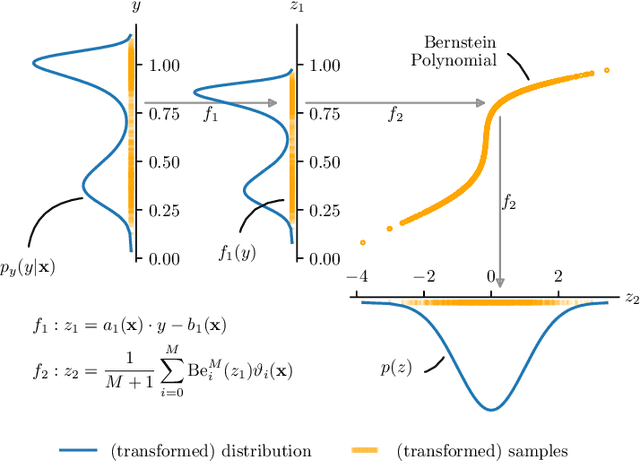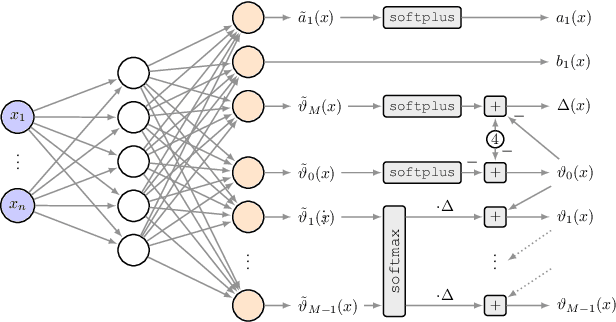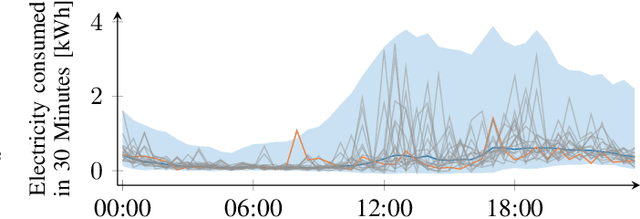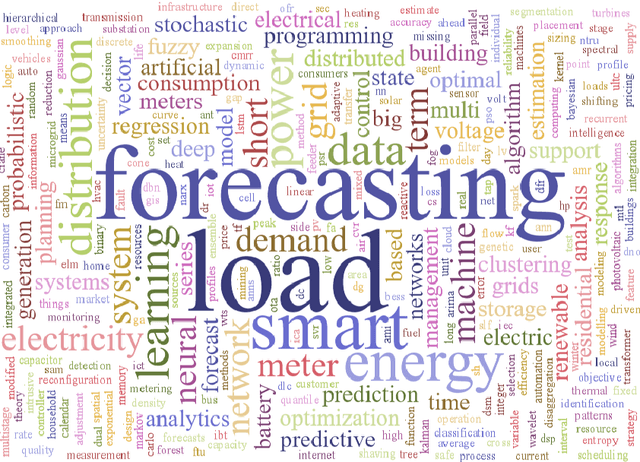Marcus Voss
Broadening the perspective for sustainable AI: Comprehensive sustainability criteria and indicators for AI systems
Jun 22, 2023Abstract:The increased use of AI systems is associated with multi-faceted societal, environmental, and economic consequences. These include non-transparent decision-making processes, discrimination, increasing inequalities, rising energy consumption and greenhouse gas emissions in AI model development and application, and an increasing concentration of economic power. By considering the multi-dimensionality of sustainability, this paper takes steps towards substantiating the call for an overarching perspective on "sustainable AI". It presents the SCAIS Framework (Sustainability Criteria and Indicators for Artificial Intelligence Systems) which contains a set 19 sustainability criteria for sustainable AI and 67 indicators that is based on the results of a critical review and expert workshops. This interdisciplinary approach contributes a unique holistic perspective to facilitate and structure the discourse on sustainable AI. Further, it provides a concrete framework that lays the foundation for developing standards and tools to support the conscious development and application of AI systems.
Short-Term Density Forecasting of Low-Voltage Load using Bernstein-Polynomial Normalizing Flows
Apr 29, 2022



Abstract:The transition to a fully renewable energy grid requires better forecasting of demand at the low-voltage level to increase efficiency and ensure reliable control. However, high fluctuations and increasing electrification cause huge forecast variability, not reflected in traditional point estimates. Probabilistic load forecasts take future uncertainties into account and thus allow more informed decision-making for the planning and operation of low-carbon energy systems. We propose an approach for flexible conditional density forecasting of short-term load based on Bernstein polynomial normalizing flows, where a neural network controls the parameters of the flow. In an empirical study with 363 smart meter customers, our density predictions compare favorably against Gaussian and Gaussian mixture densities. Also, they outperform a non-parametric approach based on the pinball loss for 24h-ahead load forecasting for two different neural network architectures.
Review of Low-Voltage Load Forecasting: Methods, Applications, and Recommendations
May 30, 2021


Abstract:The increased digitalisation and monitoring of the energy system opens up numerous opportunities % and solutions which can help to decarbonise the energy system. Applications on low voltage (LV), localised networks, such as community energy markets and smart storage will facilitate decarbonisation, but they will require advanced control and management. Reliable forecasting will be a necessary component of many of these systems to anticipate key features and uncertainties. Despite this urgent need, there has not yet been an extensive investigation into the current state-of-the-art of low voltage level forecasts, other than at the smart meter level. This paper aims to provide a comprehensive overview of the landscape, current approaches, core applications, challenges and recommendations. Another aim of this paper is to facilitate the continued improvement and advancement in this area. To this end, the paper also surveys some of the most relevant and promising trends. It establishes an open, community-driven list of the known LV level open datasets to encourage further research and development.
 Add to Chrome
Add to Chrome Add to Firefox
Add to Firefox Add to Edge
Add to Edge